
Breaking Math Podcast
Author: Autumn Phaneuf
Subscribed: 7,573Played: 81,305Description
Breaking Math is a deep-dive science, technology, engineering, AI, and mathematics podcast that explores the world through the lens of logic, patterns, and critical thinking. Hosted by Autumn Phaneuf, an expert in industrial engineering, operations research and applied mathematics, and Gabriel Hesch, an electrical engineer (host from 2016-2024) with a passion for mathematical clarity, the show is dedicated to uncovering the mathematical structures behind science, engineering, technology, and the systems that shape our future.
What began as a conversation about math as a pure and elegant discipline has evolved into a platform for bold, interdisciplinary dialogue. Each episode of Breaking Math takes listeners on an intellectual journey—whether it’s into the strange beauty of chaos theory, the ethical dilemmas of AI, the deep structures of biological evolution, or the thermodynamics of black holes. Along the way, Autumn and Gabriel interview leading thinkers and working scientists from across the spectrum: computer scientists, quantum physicists, chemists, philosophers, neuroscientists, and more.
But this isn’t just a podcast about equations—it’s a show about how mathematics influences the way we think, create, build, and understand. Breaking Math pushes back against the idea that STEM belongs behind a paywall or an academic podium. It’s for the curious, the critical, the creative—for anyone who believes that ideas should be rigorous, accessible, and infused with wonder.
If you've ever wondered:
- What’s the math behind machine learning?
- How do we quantify uncertainty in climate models?
- Can consciousness be described in AI?
- Why does beauty matter in an equation?
Then you’re in the right place.
At its heart, Breaking Math is about building bridges—between disciplines, between experts and the public, and between the abstract world of mathematics and the messy, magnificent reality we live in. With humor, clarity, and deep respect for complexity, Autumn and Gabriel invite you to rethink what math can be—and how it can help us shape a better future.
Listen wherever you get your podcasts.
Website: https://breakingmath.io
Linktree: https://linktr.ee/breakingmathmedia
Email: breakingmathpodcast@gmail.com







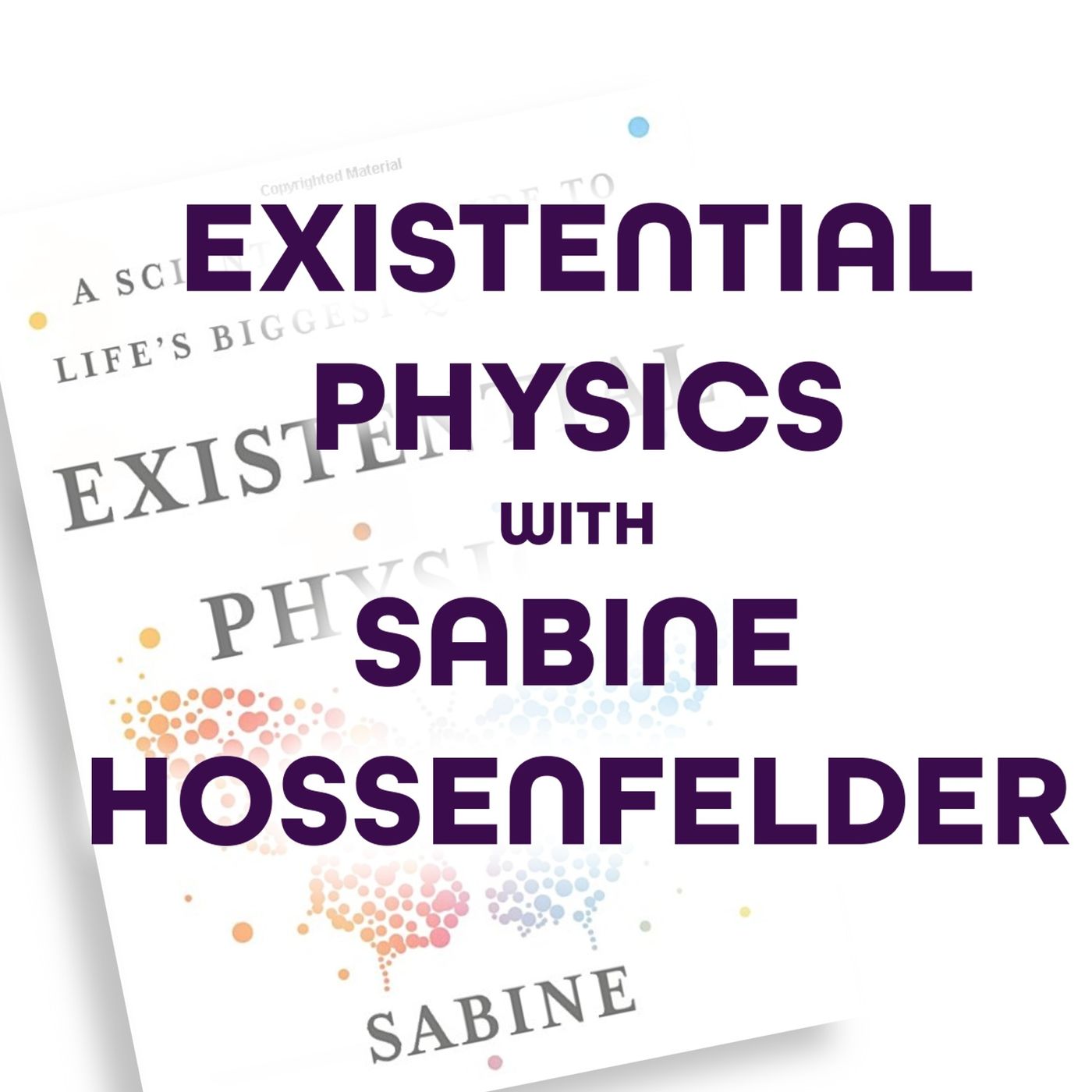







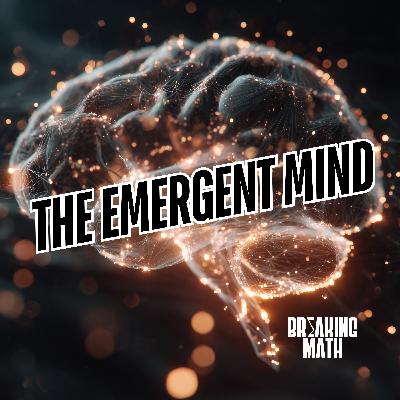
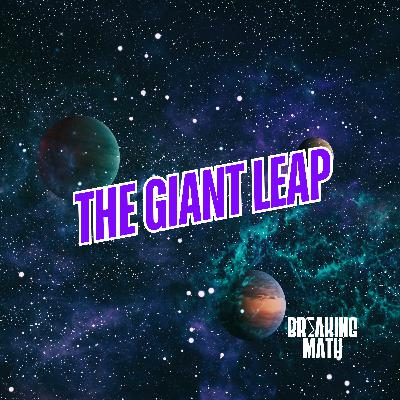
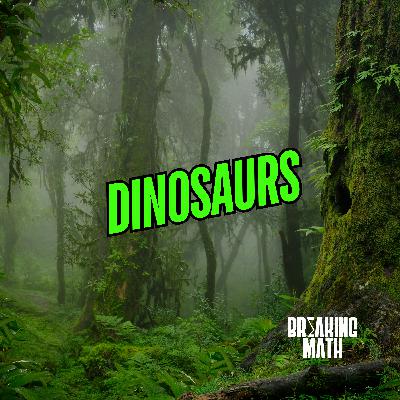

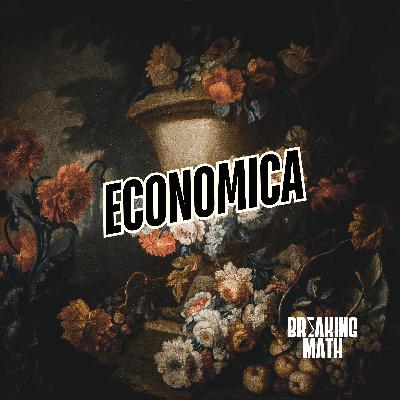
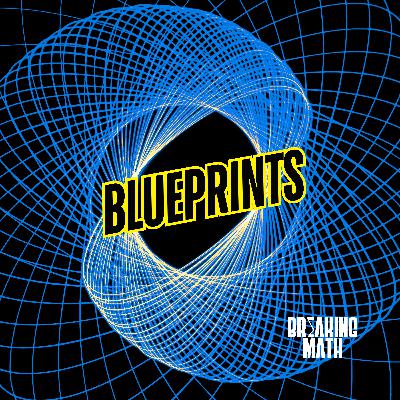




very informative.... thanksss
If you have the same problem, visit https://brighterly.com/5th-grade-math/, where specialists will assist your children in learning mathematics. It is important to note the reasonable prices on this site, as well as the high qualification of specialists. I don't trust private tutors because it's very inconvenient and time-consuming, so I tried for a long time to find good Internet sites to help children study school subjects.
If you're looking for the best math for kids book, there are a few things to keep in mind. Toddlers can already grasp basic math concepts. In order to make math more fun, teach them simple math concepts through play and daily experiences. For older children, you can introduce more complex math concepts with https://www.frolicplayspace.com/target-10/ age-appropriate activities. However, if your child is just starting kindergarten, you may want to look for a more fun math book.
I teach mathematics at one of the universities in my city. Last week I searched the Internet for various interesting articles and tasks for a story at the university. In the end, I found a very useful website that contains a large number of different articles and facts related to mathematics. One of them was - https://artdroid.com/what-are-the-factors-of-7/ . It seemed to me a good material for students. I advise you to study it too.
What a fun episode! The name "Peirce" in "peirce quincuncial projection" is pronounced like "purse", after the 19th century philosopher-logician Charles Sanders Peirce.
Fascinating conversation.
I really wish there was another podcast that goes over the same topics but without Sophia hosting. She is not great at explaining concepts. There is the tendency to do the typical thing of trying to simplify ideas, but in the process end up making it too obscure to really understand. Case in point is the fact that her mom (who teaches math) can't understand what is being explained.
Good episode content. A couple things: much of the discussion about the individual axioms become convoluted with the language and examples that are used. The point is to either clearly state the axiom or provide examples that simplify the understanding, not complicate it. Also, Gödel is roughly pronounced "GER-dle", not "go-DELL."
Thank y'all for this episode... I've been down and depressed for a sec, this brought me back...thanks for the knowledge, laughs, and time taken for doing this during everything.love
False assumptions, bad conclusions. What about the modern example of Jaime Escalante and his ability to challenge elitism to economically challenged young adults with no time to study? Still they overcame it. Why? They wanted something enough to MAKE time for it and they had a teacher that demanded discipline.
Awesome
keep up the good work, love from UK
wonderful
Just what i was looking for, although I can barely keep up sometimes, since my knowledge in math isn't great. Still super interesting!
Lohnverstoß
Great podcast!
it's superb.. loved it.. the creators of this podcast are great :)